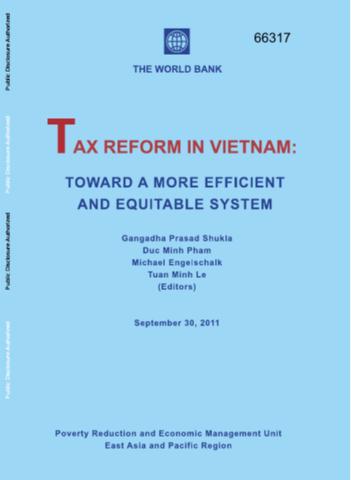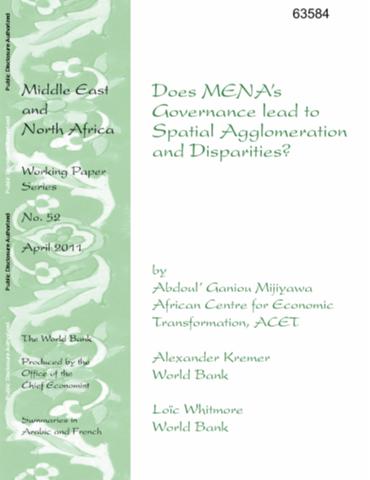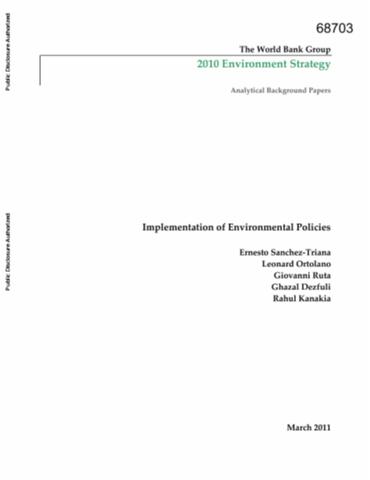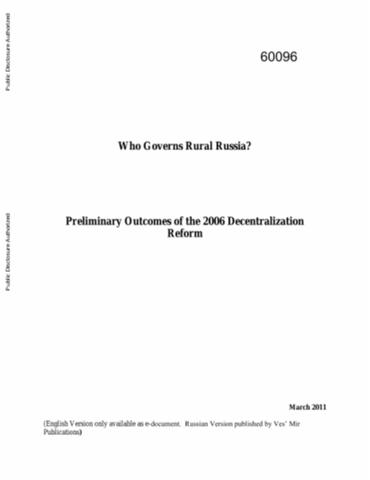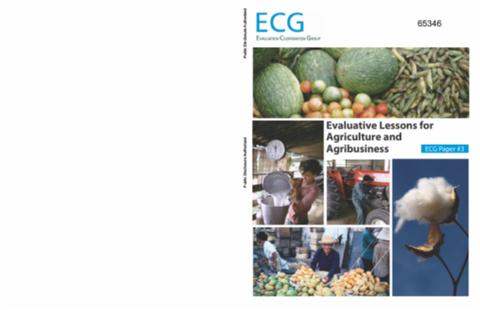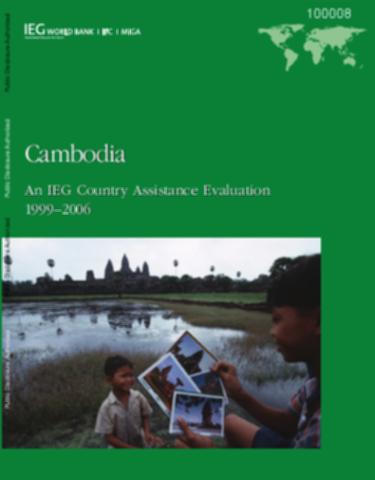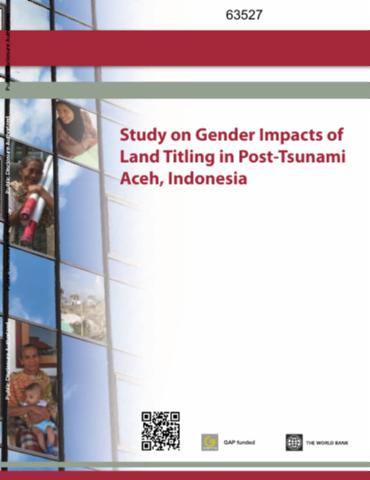Marco estratérgico en Agricultura Familiar- FAO 2012 - 2015
El documento contine los elementos conceptuales para el desarrollo de un Marco Estratégico de mediano plazo de cooperación de la FAO en Agricultura Familiar en América Latina y el Caribe.
La aprobación de este Marco se realizará en la Conferencia Regional de la FAO a llevarse a cabo en Buenos Aires, Argentina del 26 al 30 de marzo de 2012.


